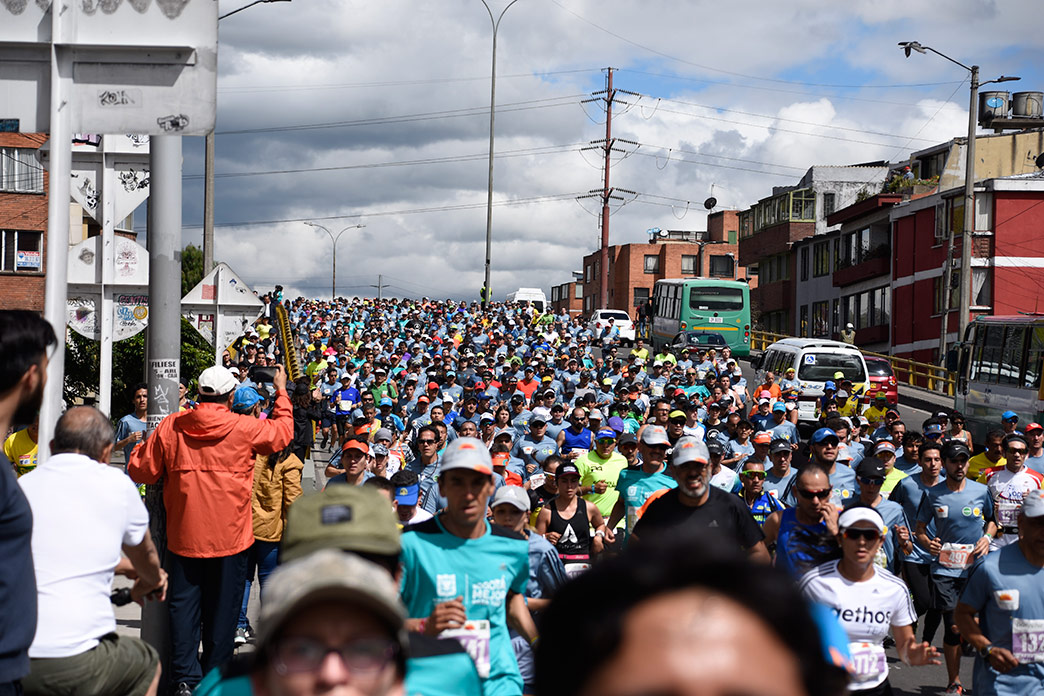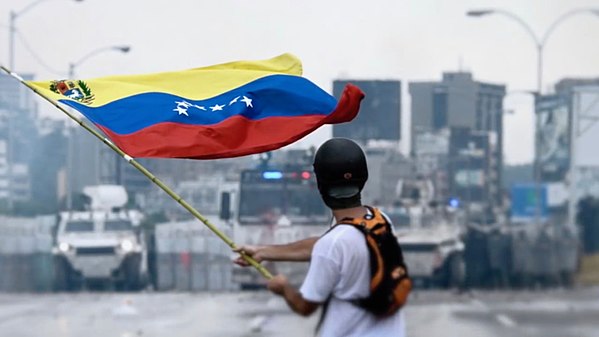
Image courtesy of @JuanManSantos – Twitter
With just under two months left of his presidency, Juan Manuel Santos is doing everything he can to save the peace that he believes Colombia “owes the victims and the international community.”
After making a final call for the approval of the procedural law governing the Special Jurisdiction for Peace (JEP), which Santos published on Twitter, Colombia’s House of Representatives has agreed to its passing. The procedural rules also cover the contentious topic of extradition of FARC members like Jesus Santrich, who has been accused of continuing narcotrafficking following the signing of the Peace Accord.
However, the House is still yet to carry out its final debate on the subject next Wednesday, with Senators insisting that they will delay their decision until President Duque’s first term.
The JEP, a 51-member peace tribunal, was created on the demands of the 2016 Peace Accord and began work back in March of this year. Their intention is to conduct special trials for military officials and ex-FARC rebels who committed crimes during Colombia’s armed conflict, offering community-service type sentences for those who confess, as opposed to imprisonment.
However, given new right-wing President-elect Duque’s intentions to amend the Peace Agreement, insisting on prison sentences for those who have committed injustices, Santos is naturally concerned for the future of the Nobel Peace Prize-winning legislation he implemented during his tenure as President of Colombia.
Perhaps a strategic decision, Duque announced today that he would be passing the handling of his proposals regarding the Peace Agreement to his second-in-command, Martha Lucía Ramírez, who has just become Colombia’s first female Vice President.
Speaking about his plans for the JEP, Duque told The Bogotá Post, “We have to ensure that the victims have reparation, that the victims see their perpetrators tell the truth and that they fulfill their sentences, because that is the minimum measure of justice they expect.”
In some ways, JEP President Patricia Linares echoed this, assuring Colombia’s National Radio that the organisation “will take charge of investigating and punishing crimes of lesser humanity and war crimes that have occurred in the last 50 years of Colombia’s armed conflict.”
Whilst it is unclear how Duque will act on the Peace Agreement, the President-elect called upon the Constitutional Court to swiftly rule on the validity of the law that establishes the JEP–a law conferred special constitutional status in Colombia that is referred to as ley estatutaria–before Congress acts on any law relating to the JEP’s procedure.
However, speaking to journalists about the transition phase between his new government and that of Santos, Duque called the process a “connection,” insisting that his dialogue with the current President had been calm and respectful, closing his statement on a positive note: “Today the path of a new generation begins,” he said.




